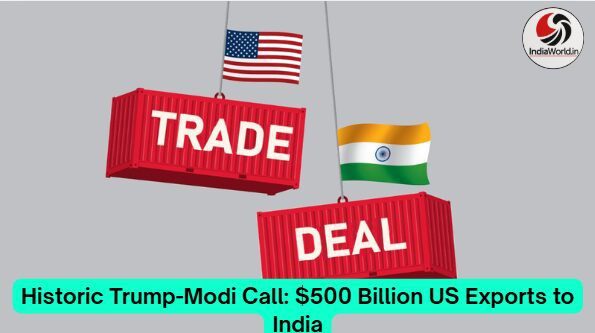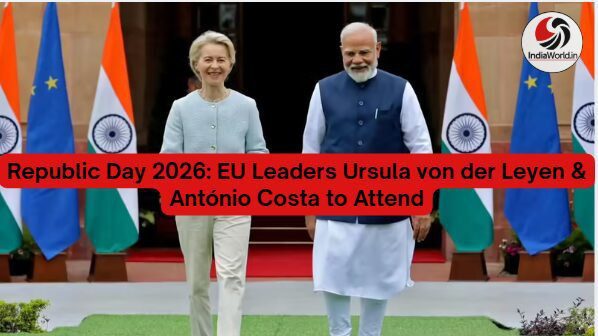India vs Pakistan Asia Cup 2025: Emotions, Handshake Controversy & Heated Exchanges
The India vs Pakistan Asia Cup 2025 match in Dubai was more than just cricket—it was a storm of emotions, political undertones, and on-field drama. From the controversial no-handshake moment between Suryakumar Yadav and Salman Ali Agha to heated exchanges between players, this high-voltage clash stirred national pride and personal reflection across India and Pakistan.

The Match That Was More Than Just Cricket
When India and Pakistan face off in any cricket tournament, it’s never just a game. But the Asia Cup 2025 clash in Dubai felt different. It wasn’t just about runs and wickets—it was about identity, emotion, and silent statements. As an Indian fan watching from Shaikpet, Telangana, I felt a mix of pride, tension, and discomfort. The match was electric, but the atmosphere was heavy.
India chased down Pakistan’s total of 172 with ease, thanks to explosive batting from Abhishek Sharma and Shubman Gill. But the real story unfolded before and after the game.
The Handshake That Never Happened
At the toss, Indian captain Suryakumar Yadav and Pakistan’s Salman Ali Agha stood side by side. But there was no handshake. No greeting. Just folded hands and a quiet walk back to the dressing room.
This wasn’t an oversight—it was a deliberate move. Suryakumar later explained that the team chose not to shake hands as a gesture of solidarity with the victims of the Pahalgam terror attack and the Indian armed forces who responded with Operation Sindoor.
Pakistan’s players were visibly upset. Head coach Mike Hesson called the gesture “disrespectful” and “against the spirit of the game”. Salman Ali Agha even skipped the post-match presentation in protest.
Heated Exchanges & On-Field Tensions
The tension didn’t stop at the toss. Throughout the match, there were visible moments of friction. A few Pakistani players were seen arguing with Indian cricketers over field placements and sledging. While cricket is known for its competitive spirit, this felt personal.
The body language was cold. Players avoided eye contact. Celebrations were muted—or pointed. It was clear that the political backdrop had seeped into the pitch.

My Feelings Watching From India
As someone watching from home in Manikonda, I felt conflicted. On one hand, I was proud of India’s dominant performance. On the other, I couldn’t ignore the discomfort of seeing sportsmanship take a backseat.
Was it justified? Maybe. Was it necessary? That’s debatable.
But what I felt most was the weight of history. India and Pakistan share a complicated past, and cricket often becomes a proxy battlefield. This match reminded me that even in sport, emotions run deep.
Reactions From Fans & Former Players
Social media exploded. Indian fans praised the team’s stance, calling it a “bold message” and “a tribute to the armed forces.” Pakistani fans, meanwhile, accused India of politicizing the game.
Former cricketers like Shoaib Akhtar urged both sides to keep politics out of cricket. “Just do the handshake, man. It’s a game,” he said. But others in India felt the gesture was necessary to honor national sentiment.
The Fallout: Complaints, Delays & Drama
The Pakistan Cricket Board (PCB) filed a formal complaint with the Asian Cricket Council (ACC), demanding an apology from match referee Andy Pycroft. They even threatened to boycott their next match against UAE.
The game was delayed by an hour. Press conferences were canceled. The ICC stood firm, backing Pycroft and rejecting Pakistan’s demands.
It was a diplomatic standoff—played out in cricket whites.

Cricket Beyond Boundaries
This match wasn’t just about cricket—it was about statements, silence, and solidarity. As an Indian, I felt proud of the team’s performance but also reflective about the deeper implications.
Sport has the power to unite, but sometimes it becomes a mirror to our divisions. The India vs Pakistan Asia Cup 2025 clash was one such moment—a game that will be remembered not just for the scorecard, but for the emotions it stirred.
Read also || How ChatGPT Was Used in a Tragic Suicide Case in the US
External Links :THE HINDU








